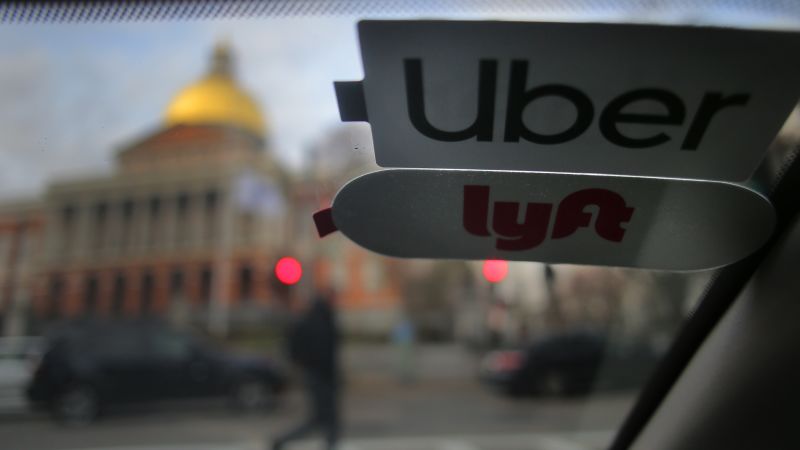Uber and Lyft are facing trial in a lawsuit filed by Massachusetts Attorney General Andrea Joy Campbell, who alleges that the ride-share companies misclassified their drivers as independent contractors rather than employees. The trial, set to take place in Boston, is part of a larger legal and political battle over the status of drivers for app-based companies in the gig worker economy. Campbell is requesting that the court classify Uber and Lyft drivers as employees under state law, entitling them to benefits such as minimum wage, overtime, and earned sick time. The companies are accused of misclassifying thousands of drivers and failing to meet the state’s worker-friendly laws regarding independent contractors.
Studies have shown that using contractors can save companies up to 30% in costs compared to employing full-time workers. However, Uber and Lyft argue that they properly classified their drivers, stating that they are technology companies that facilitate connections between drivers and riders rather than traditional transportation companies that employ drivers. They warn that a ruling against them in this case could jeopardize their flexible business model in Massachusetts and possibly lead to cutting or ceasing operations in the state. Lyft’s lawyer, Rohit Singla, stated during a pre-trial hearing that their current business model is not set up to support drivers as employees.
The trial comes shortly after Massachusetts’ highest court heard arguments on whether to allow a ballot measure that defines drivers as contractors but entitles them to additional benefits to go before voters in November. The court seemed open to allowing some version of the proposal to appear on the ballot alongside a labor-backed measure that seeks to allow drivers to unionize. The initial lawsuit was filed in 2020 by Campbell’s predecessor, Maura Healey, who is now the state’s Democratic governor. If the state prevails in the trial, Uber and Lyft could face significant penalties for misclassifying their drivers and avoiding payments into workers’ compensation, unemployment insurance, and paid family medical leave.
The state auditor’s report found that by not classifying their Massachusetts drivers as employees, Uber and Lyft avoided paying $266.4 million over ten years in workers’ compensation, unemployment insurance, and paid family medical leave. The outcome of the trial could have significant implications for the gig economy and the classification of workers in similar industries. With the rise of app-based companies and the gig worker economy, the legal battle over worker classification is likely to continue as states and other jurisdictions grapple with the impact on workers’ rights and employer responsibilities. The trial will also shed light on the broader debate over the future of work and the rights of independent contractors in the modern economy.













